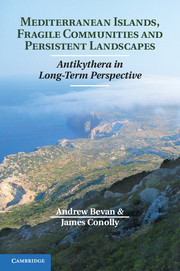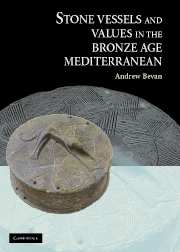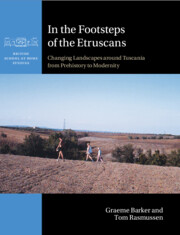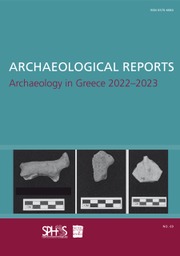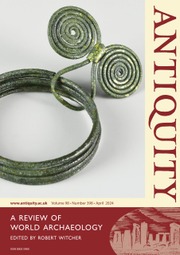Mediterranean Islands, Fragile Communities and Persistent Landscapes
Mediterranean landscape ecology, island cultures and long-term human history have all emerged as major research agendas over the past half-century, engaging large swathes of the social and natural sciences. This book brings these traditions together in considering Antikythera, a tiny island perched on the edge of the Aegean and Ionian seas, over the full course of its human history. Small islands are particularly interesting because their human, plant and animal populations often experience abrupt demographic changes, including periods of near-complete abandonment and recolonization, and Antikythera proves to be one of the best-documented examples of these shifts over time. Small islands also play eccentric but revealing roles in wider social, economic and political networks, serving as places for refugees, hunters, modern eco-tourists, political exiles, hermits and pirates. Antikythera is a rare case of an island that has been investigated in its entirety from several systematic fieldwork and disciplinary perspectives, not least of which is an intensive archaeological survey. The authors use the resulting evidence to offer a unique vantage on settlement and land use histories.
- Considers evidence from Antikythera - the only Mediterranean island to be investigated in its entirety via systematic and intensive archaeological fieldwork
- Employs a rare combination of landscape ecology, computational modeling and archaeological survey to offer a unique vantage on settlement and land use histories
- Analysis is based on unusually detailed, open access digital datasets
Reviews & endorsements
'A gem of an archaeological history for a very small island - a book that builds impressively on accomplishments of the past four decades in Greek regional studies, while exploring the generally complex relationships between landscapes and the human populations that reside in them.' Jack L. Davis, University of Cincinnati
'Here, for the first time, are presented the fascinating results of a diachronic archaeological survey of a small Greek island, in its entirety and at an unprecedented level of detail. The sophistication of the graphical displays and statistical analyses is both pathbreaking and breathtaking.' John F. Cherry, Brown University
'Antikythera, the first Mediterranean island to undergo site survey in its entirety using modern GIS techniques, reveals the fragility and yet resilience of its landscape and human population. Bevan and Conolly's analysis of change, from pioneer farmers to predatory pirates, ably documents the microcosmic vulnerability of life in a changing sea.' Colin Renfrew, University of Cambridge
Product details
July 2013Hardback
9781107033450
327 pages
260 × 183 × 20 mm
0.86kg
47 b/w illus. 31 colour illus. 6 tables
Available
Table of Contents
- 1. Problems and perspectives
- 2. Methods and data
- 3. A Mediterranean and island environment
- 4. Material worlds
- 5. Landscape archaeology and historical ecology I
- 6. Landscape archaeology and historical ecology II
- 7. Mobility and investment
- 8. The eccentric, the specialist, and the displaced
- 9. Antikythera in context.

